Best supplements for beginners at the gym. You’ve done it. You’ve signed up for the gym, bought the new trainers, and committed to a stronger, healthier you. The motivation is electric. But then you walk into the supplement aisle or scroll online, and you’re met with a dizzying array of tubs, powders, and promises: “Explosive Muscle Growth,” “Shred Fat Fast,” “Ultimate Anabolic Catalyst.”
It’s overwhelming, expensive, and for a beginner, it’s a recipe for wasting money on things you simply don’t need.
Let’s clear the air right now: As a beginner, your most powerful supplements are consistency, a solid training program, and proper nutrition. No pill or powder can replace those fundamentals.
However, once those pillars are in place, certain supplements can act as powerful supporters—filling nutritional gaps, enhancing recovery, and giving you that slight edge that makes your journey smoother and more effective.
This article isn’t just another list. It’s a strategic guide. We will ignore the flashy, advanced products and focus only on the foundational supplements that deliver the highest return on investment for someone in their first 1-2 years of training. We’ll explore not just the what, but the why, how, and when, backed by science and practical wisdom.
The Unbreakable Foundation: What You Must Master First
Before we talk about a single scoop of powder, you must internalize this hierarchy of importance. Think of it as a pyramid.
Level 1: Consistency & Training (The Base)
You cannot supplement effort. Showing up 3-4 times a week and following a well-structured, progressive overload training program is non-negotiable. This is 80% of your results.
Level 2: Nutrition & Hydration (The Core)
You cannot out-supplement a bad diet. Consuming enough protein, eating a balance of carbohydrates and fats for energy, and staying hydrated are the building blocks of muscle and performance.
Level 3: Sleep & Recovery (The Catalyst)
Muscle is built when you rest, not when you train. 7-9 hours of quality sleep is the most potent recovery tool on the planet.
Level 4: Supplementation (The Fine-Tuning)
Only here, resting firmly on a solid foundation, do supplements find their true purpose. They are the “1%” that makes the other “99%” more effective.
With that established, let’s dive into the only five supplements a beginner needs to consider.
See also: bodybuilding supplements for muscle grow
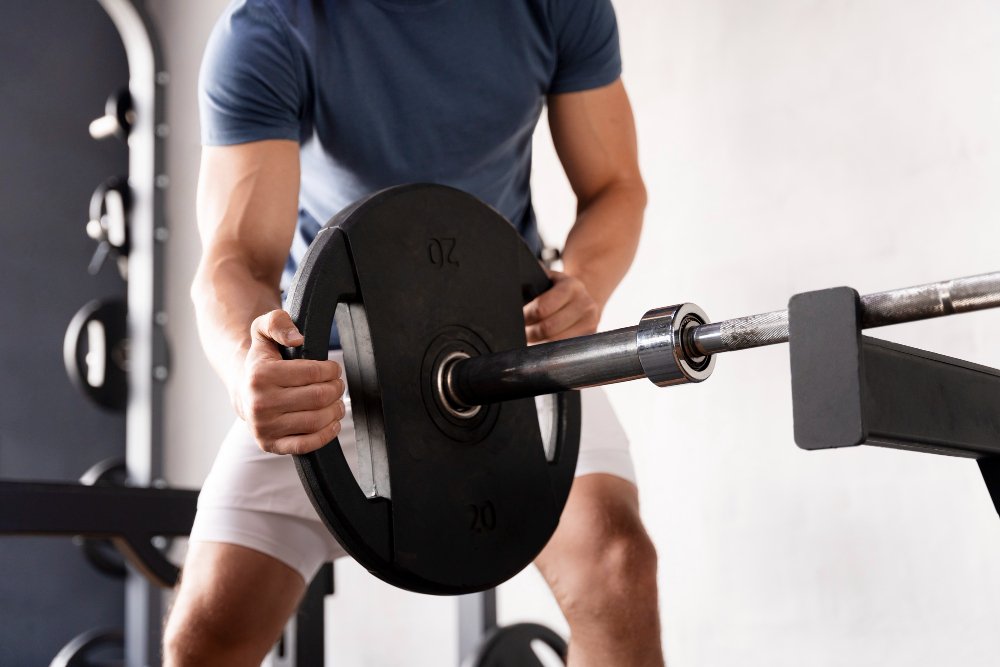
The Essential 5: Your Beginner Supplement Stack
1. Whey Protein: The Convenience King
What it is: A high-quality protein derived from milk during the cheese-making process. It’s a “complete protein,” meaning it contains all nine essential amino acids your body cannot produce on its own.
Why a Beginner Needs It:
Building muscle requires two things: a stimulus (training) and building materials (protein). The daily protein requirement for someone training for muscle growth is approximately 1.6-2.2 grams per kilogram of body weight. For an 80kg (176 lbs) individual, that’s 128-176 grams of protein per day. Hitting this with whole foods alone can be challenging and time-consuming.
This is where whey protein shines. It’s not magic; it’s convenience. A single scoop provides 20-25 grams of high-quality protein in a quickly digestible and easily consumable form.
The Value Beyond the Shake:
- Post-Workout Recovery: Quickly shuttles amino acids to fatigued muscles, kickstarting the repair process.
- Meal Replacement: A life-saver when you’re rushing out the door and don’t have time for a chicken breast.
- Baking & Cooking: Can be mixed into oatmeal, pancakes, or yogurt to effortlessly boost the protein content of any meal.
How to Use It:
Take one serving post-workout mixed with water or milk. Another serving can be used as a snack or as part of a meal whenever you’re struggling to hit your daily protein target.
What to Look For:
Opt for a Whey Protein Isolate (WPI) or Concentrate (WPC). Isolate is purer (higher protein, lower fat/carbs) but slightly more expensive. Concentrate is still excellent and more cost-effective. Ignore the proprietary blends with flashy labels; you’re paying for transparency and protein content.
2. Creatine Monohydrate: The Most Researched Performance Enhancer
What it is: A naturally occurring compound found in small amounts in red meat and seafood. It’s stored in your muscles as phosphocreatine and serves as a rapid energy source for high-intensity, short-duration activities.
Why a Beginner Needs It:
If there was one supplement with a near-perfect reputation in the scientific community, it’s creatine. Over a thousand studies confirm its efficacy and safety. For a beginner, its benefits are profound:
- Increased Strength and Power: Allows you to perform one more rep, lift a slightly heavier weight, or sprint a little faster. This “progressive overload” is the primary driver of muscle growth.
- Improved Recovery Between Sets: You’ll feel less fatigued during your workout, leading to higher quality training sessions.
- Modest Muscle Growth: By pulling water into muscle cells (cell volumization) and enabling harder training, creatine directly and indirectly supports hypertrophy.
Check also: can women use creatine the same as men do?
Dispelling the Myths:
- It is NOT a steroid. It’s a natural compound.
- It does NOT cause kidney damage in healthy individuals.
- You do NOT need to “load” it. A simple 5-gram daily dose is sufficient, though a loading phase (20g/day for 5-7 days) can saturate your muscles faster.
How to Use It:
Mix 5 grams (one teaspoon) daily with water, juice, or your protein shake. Timing isn’t critical; consistency is. Take it every day, whether you train or not.
What to Look For:
Creatine Monohydrate. Don’t be upsold on fancy, expensive versions like Creatine Ethyl Ester or Buffered Creatine. Simple, cheap, and effective monohydrate is the gold standard.
Animal 100% Whey Protein
3. Caffeine: The Premier Performance Catalyst
What it is: A central nervous system stimulant found naturally in coffee, tea, and guarana.
Why a Beginner Needs It:
While not a “supplement” in the traditional tub-and-scoop sense, caffeine is arguably the most effective ergogenic aid for training performance.
- Increased Energy and Alertness: Fights off fatigue and mental fog, helping you bring maximum focus to your session.
- Enhanced Endurance: It can reduce your perception of effort, making that last rep feel less challenging.
- Improved Strength and Power: Studies show it can directly increase muscular strength and power output.
- Fat Loss Aid: It can slightly increase metabolic rate and enhance fat oxidation.
For a beginner, the mental boost is invaluable. That feeling of being “switched on” and ready to conquer a workout builds a powerful positive association with training.
How to Use It:
The most common form is a pre-workout supplement, but a simple black coffee 30-60 minutes before your workout is just as effective. A dose of 100-200 mg is a great starting point.
A Word of Caution:
- Avoid Dependency: Don’t feel you need it for every workout. Use it strategically for your hardest sessions.
- Cycle It: To maintain sensitivity, consider taking 1-2 days off per week.
- Watch the “Pre-Workout” Blends: Many are loaded with excessive caffeine and proprietary blends of untested ingredients. Start with a low dose or just use coffee.
4. Vitamin D: The “Sunshine” Hormone Regulator
What it is: Often misclassified as a vitamin, Vitamin D is actually a pro-hormone crucial for numerous bodily functions.
Why a Beginner Needs It:
Modern lifestyles mean many of us are deficient in Vitamin D, especially in colder climates or for those with office jobs. This deficiency has far-reaching implications for a gym-goer:
- Bone Health: It’s essential for calcium absorption. Strong bones are critical for handling heavy loads.
- Immune Function: Intense training can temporarily suppress the immune system. Adequate Vitamin D levels help keep you healthy and consistent.
- Muscle Function: Receptors for Vitamin D are located in muscle tissue. Optimal levels are linked to improved muscle strength and a reduction in age-related muscle loss.
While you can get Vitamin D from sun exposure and some foods (like fatty fish), supplementation is a reliable way to ensure you’re not deficient.
How to Use It:
A daily dose of 1000-4000 IU (International Units) is common. It’s fat-soluble, so take it with a meal that contains fats for better absorption. It’s best to get your levels checked via a blood test for a precise dosage, but a 2000-2500 IU daily dose is a safe and effective maintenance level for most.
What to Look For:
Vitamin D3 (Cholecalciferol) is the preferred form, as it’s more effective at raising blood levels than D2.
See more supplements guides on our website
5. Omega-3 Fish Oil: The Inflammation Manager
What it is: A source of the essential fatty acids EPA (Eicosapentaenoic acid) and DHA (Docosahexaenoic acid).
Why a Beginner Needs It:
The typical modern diet is disproportionately high in Omega-6 fatty acids (from processed oils) and low in Omega-3s. This imbalance can promote a state of chronic, low-grade inflammation in the body. For someone introducing the new stressor of weight training, managing inflammation is key for recovery.

- Reduces Muscle Soreness (DOMS): By modulating the inflammatory response, Omega-3s can help decrease the severity and duration of post-workout soreness.
- Supports Joint Health: Training places stress on your joints. Omega-3s have lubricating and anti-inflammatory properties that help keep them healthy.
- Brain Health & Cognitive Function: DHA is a primary structural component of the brain.
How to Use It:
A common dosage is 1-3 grams of combined EPA and DHA per day. Check the supplement label to see how much EPA and DHA is in each capsule, as the total “fish oil” amount can be misleading.
What to Look For:
Look for a product that lists high amounts of both EPA and DHA. Molecularly distilled oils are purer and free from heavy metals.
The “Wait and See” List: Supplements You DON’T Need Yet
Resist the marketing. As a beginner, your money and attention are better spent elsewhere. These can be reconsidered after you’ve plateaued with 1-2 years of consistent training under your belt.
- Branched-Chain Amino Acids (BCAAs): If you’re consuming adequate protein (especially from whey), you’re already getting plenty of BCAAs. Redundant for most.
- Testosterone Boosters: The over-the-counter versions are largely ineffective. Focus on optimizing your sleep, nutrition, and stress levels instead—these have a far greater impact on natural hormone production.
- Fat Burners: These are stimulant-based products that may slightly increase energy expenditure but do little for actual fat loss. The “burn” is a side effect, not a result. A calorie deficit, built through diet and exercise, is what burns fat.
- Glutamine & Carnitine: The evidence for their efficacy in healthy, training individuals is weak. Save your money.
KAGED Elite Creatine Powder
Putting It All Together: A Sample Beginner’s Daily Protocol
Here’s how this could look in practice for a beginner training 4 times a week:
- Upon Waking: 2000 IU Vitamin D3 with breakfast.
- With Lunch: 1-2 grams of high-quality Fish Oil.
- Pre-Workout (30-60 mins before): A cup of black coffee (~100mg Caffeine).
- Post-Workout: One scoop of Whey Protein in water.
- Before Bed: 5 grams of Creatine Monohydrate (mixed with any liquid).
Total Cost: Surprisingly affordable, especially when you consider you’re not wasting money on ineffective products.
Conclusion: Your Journey, Amplified
Embarking on your fitness journey is one of the most rewarding decisions you can make. Supplements should be tools that support this journey, not crutches that replace hard work.
Start with the unshakeable foundation of training, nutrition, and sleep. Then, strategically introduce these five evidence-based supporters:
- Whey Protein for nutritional convenience.
- Creatine Monohydrate for tangible strength and performance gains.
- Caffeine for mental and physical energy.
- Vitamin D for long-term health and function.
- Omega-3 Fish Oil for managing inflammation and aiding recovery.
This approach is simple, cost-effective, and, most importantly, it works. It cuts through the noise and gives you exactly what you need to build momentum, see results, and fall in love with the process. Now, go earn that supplement shake.
Disclaimer: Always consult with a healthcare professional before starting any new supplement regimen, especially if you have pre-existing health conditions or are taking medication.
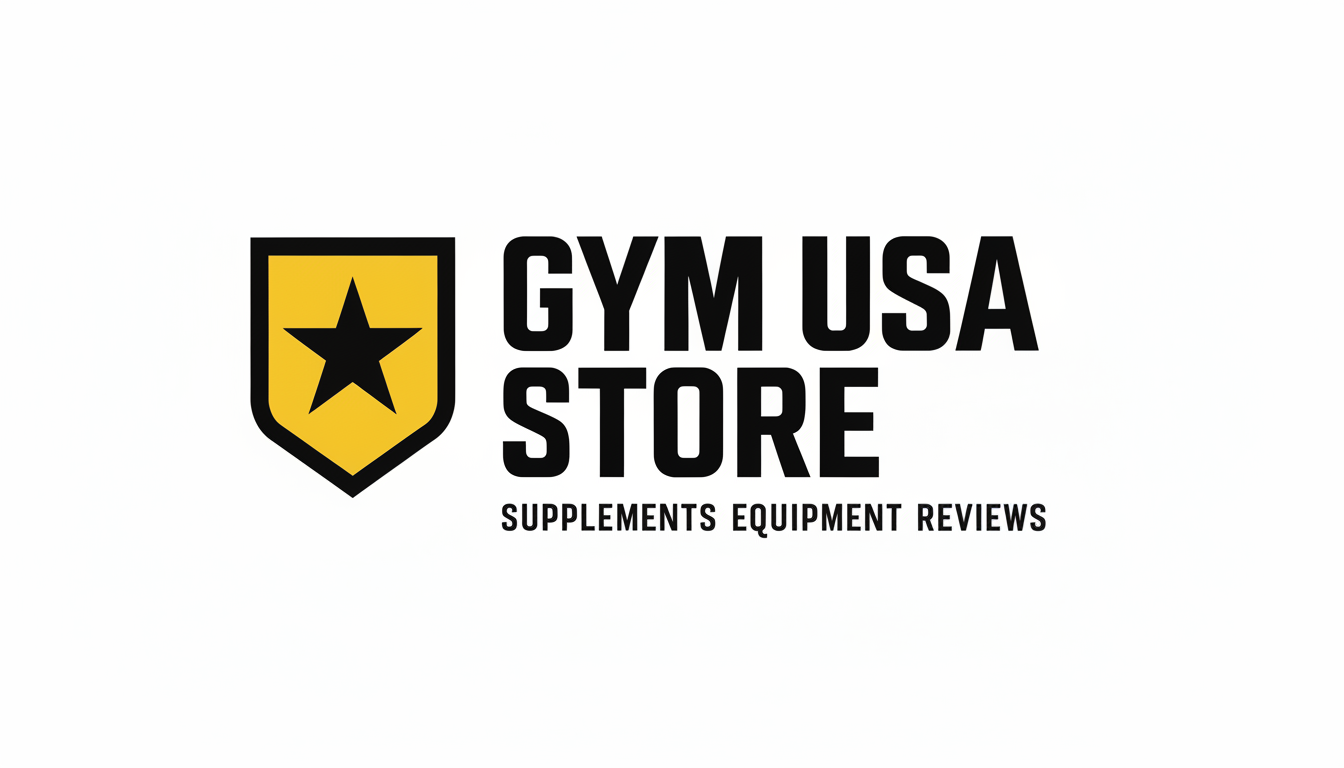

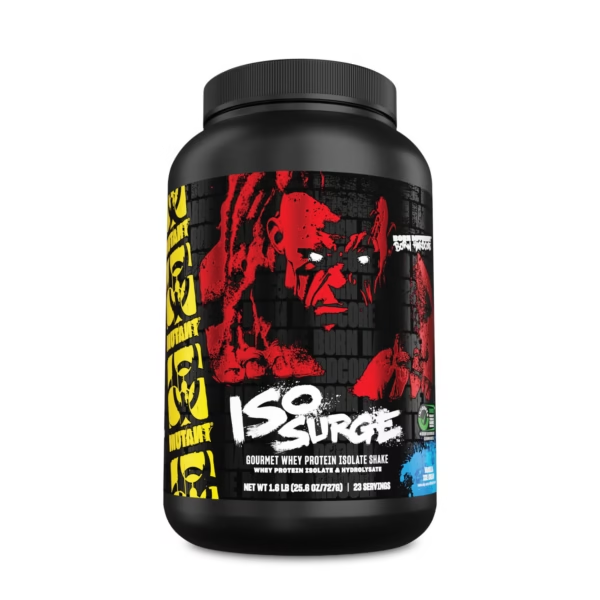
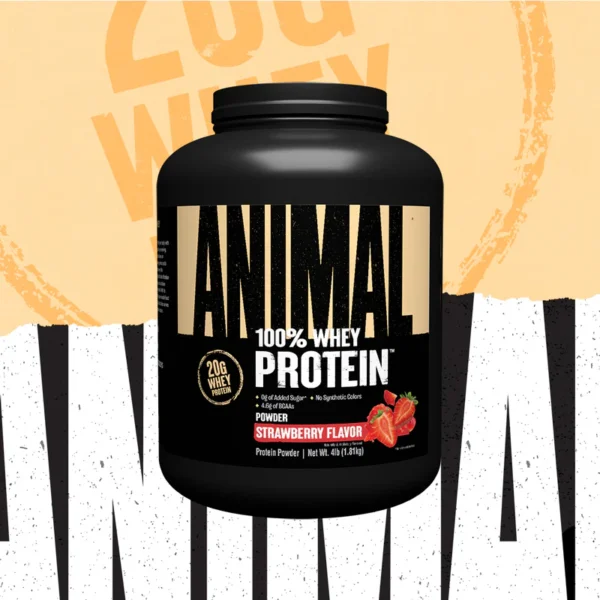
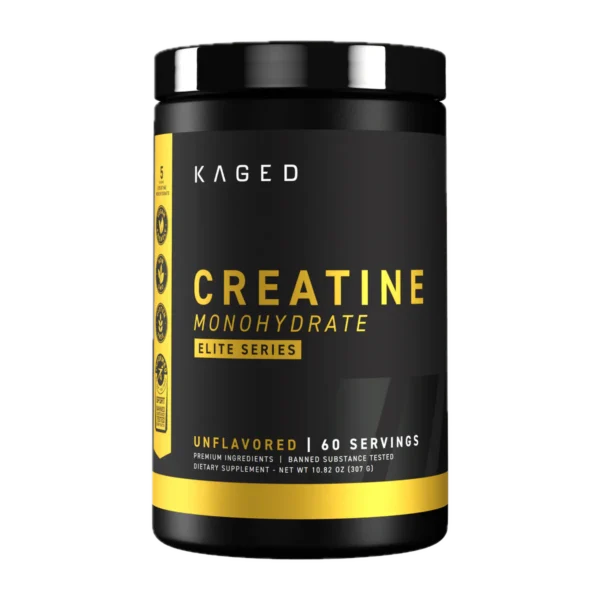
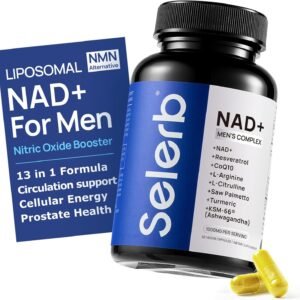
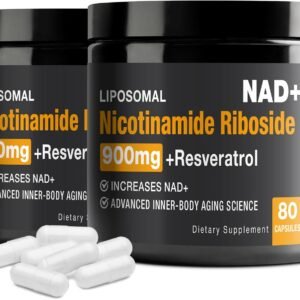
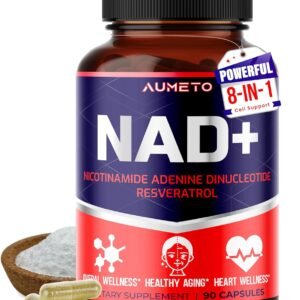

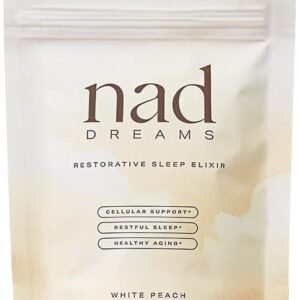
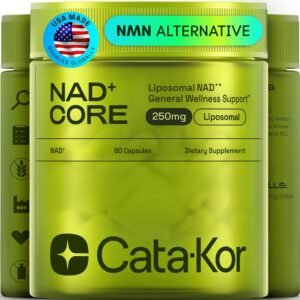
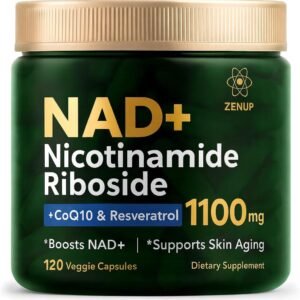
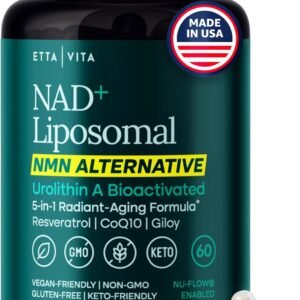
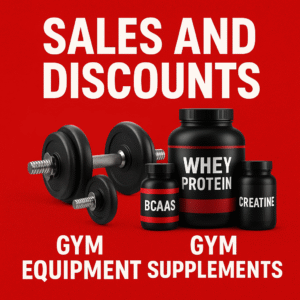

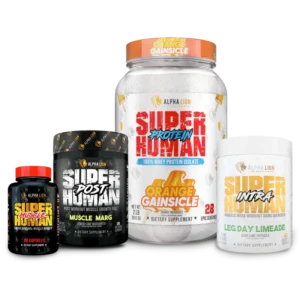
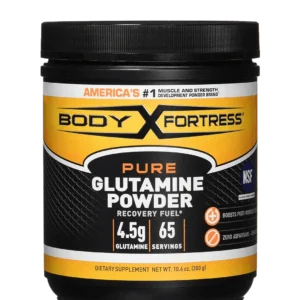
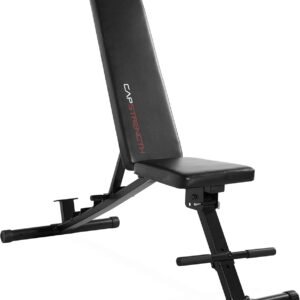

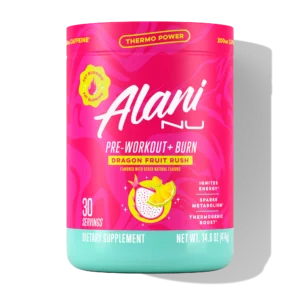



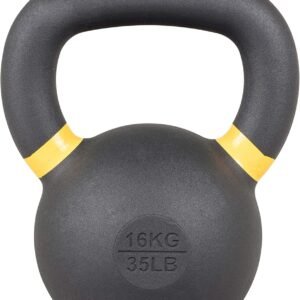

2 Comments
[…] Whey Concentrate: Balanced in protein and fats, ideal for beginners. […]
[…] Check also article: Best supplements for beginners at the gym […]